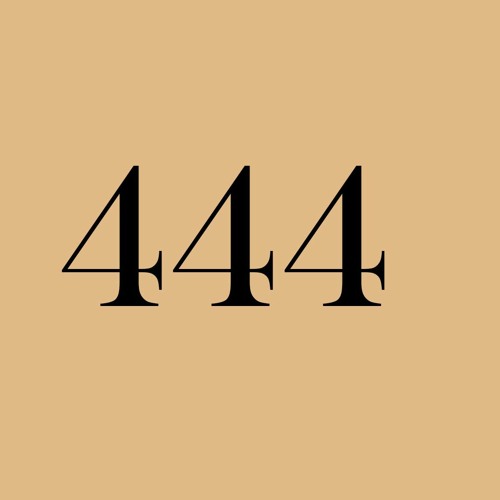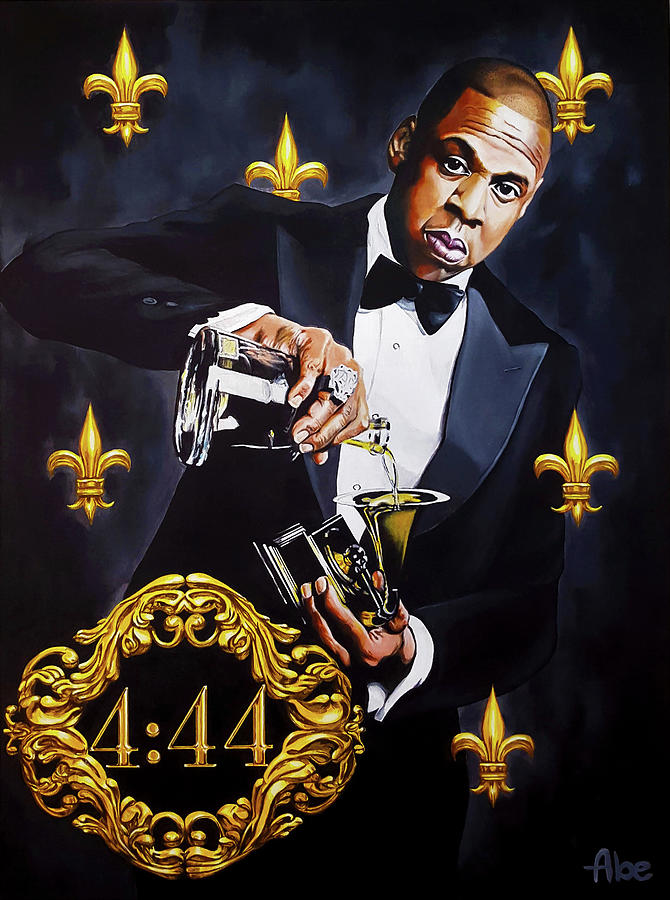

It's why the video for "The Story of O.J." is peppered with images of lynching and redlining of black Americans throughout history.īlack wealth often comes with a caveat: it belongs to rappers who have sold drugs to get their start or athletes who perform at the pleasure of white businessmen to provide for their families. Not an unearned inheritance, mind you, but an actual magic bullet that could cure most of our community's ailments. Whereas most wealthy people want their names plastered on buildings so their name is spoken in reverence and never forgotten when they're gone, Jay-Z more than anything wants to provide for his children. Existing as billionaire, an entrepreneur, without acknowledging that he's accomplished it as a black man would be futile. He called himself a black Republican for a reason. Jay-Z doesn't want success so he can deny where he came from. and white people to pictures with black people. For O.J., success meant he got to leave his blackness behind-during his murder trial, his lawyers famously redecorated his home to replace pictures of O.J. Simpson's infamous "I'm not black, I'm O.J." quote, it's met with a condescending ".okay," as a means to remind you that Jay-Z won't forget where he came from. It comes from a place of joy-his ability to leave that wealth to his children, to start his family on a history of generational wealth. But now he speaks methodically, sharing a lesson of how he's amassed his wealth: "I bought some artwork for 1 million / 2 years later, that shit worth 2 million / Few years later, that shit worth 8 million." But he doesn't share this condescendingly like he's Cliff Huxtable.

In his youth, Jay-Z rapped about owning Basquiats just to brag about them.

On that track, Nas posed the question: "Could it be the forces of darkness against hood angels of good that forms street politics?" 4:44 answers with a resounding yes-a testament to the almighty dollar.Įxisting as billionaire, an entrepreneur, without acknowledging that he's accomplished it as a black man would be futile. The rapper who once rapped back and forth with Nas about being a "Black Republican" is, according to Forbes, third in line to becoming our country's first hip-hop billionaire (behind Diddy and Dr. After listening to Jay-Z's 4:44, you can be sure the latter incenses him, because as much as his latest album is a response to his wife Beyoncé's Lemonade (where he addresses his infidelity and role in Met Gala fight with Solange) it is also an ode to capitalism. Even Barack Obama was chastised for collecting large sums of money for speaking fees. Benevolent billionaires were vilified for connections to Wall Street during the election.

The reality show that introduced millions of Americans to Donald Trump had the O'Jays "For the Love of Money" as a theme song, which was playful and tongue in cheek in 2004 but now feels like a twisted omen.
#Jay z 444 series#
There is little money in making music these days, but performing it live is another story-and one that Jay, a musician who’s built his $810-million net worth off a series of unusual but ultimately quite savvy corporate deals and private business decisions, understands very well.“Billionaire” has become a profane word. It’s certainly working out for the musician. “You generate a ton of revenue up front, but you still have a $25 price point that makes it more affordable for individuals who want to see an arena show.” The creative pricing strategy “may be the future of ticketing,” ticketing inventory expert Patrick Ryan told Billboard. Since tickets remain available on the primary market, scalpers who do attempt the scheme often end up selling their tickets below face value-sometimes far below. By charging market rate for the best seats, concert promoters are leaving little room for sellers on the secondhand market to swoop in, and the reduction in ticket-scalping (a notorious problem in the concert industry, which everyone from Adele to Bruce Springsteen is trying to fix, in different ways) helps keeps tickets accessible and relatively affordable for fans. The high prices are actually a clever strategy that’s keeping prices down. Sales on the rapper’s tour for 4:44-a hotly anticipated album that dropped earlier this year with its own round of unusual business moves-are up 21% over his Magna Carta Tour in 2013, mostly because the nicest seats, such as those in the front row or with VIP experiences, are ruthlessly priced.įans may gripe-but they shouldn’t. How so? The ticket prices, for one thing. Jay-Z has been playing shows on his latest tour for less than a week, and it’s already the highest-grossing tour of his solo career.


 0 kommentar(er)
0 kommentar(er)
